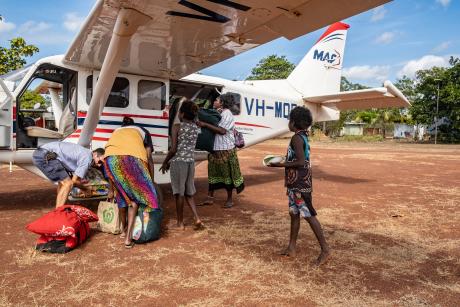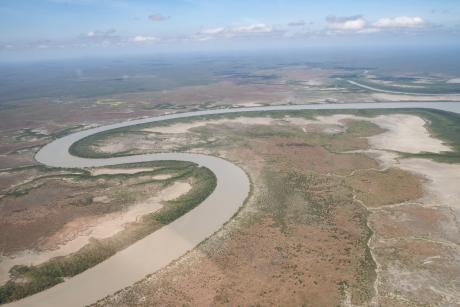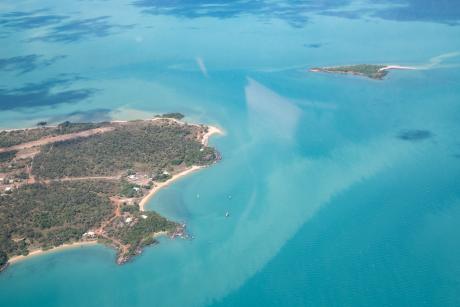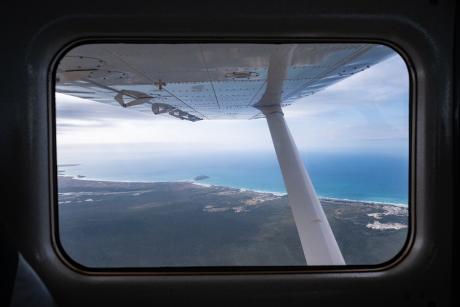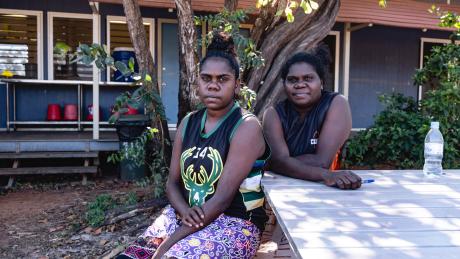
In the far reaches of Arnhem Land, education travels by road and air. Here, light aircraft take off from red gravel airstrips and fly over mangrove-fringed coastline, humming with purpose as they bring connection and opportunities to isolated people.
For the dedicated educators of the Community-Based Aboriginal Teacher Education (C-BATE) programme, these flights—run by Mission Aviation Fellowship (MAF)—are a key part of their job.
“MAF staff are just the most beautiful people,” said C-BATE coordinator Lyv Knee.
“Each morning, it’s always a smiling face. It’s amazing what people say about the pilots and what they see in them.”
For Lyv, MAF is more than just a way to travel; it’s a vital link connecting Yolŋu educators with their training, their students, and their sense of home.
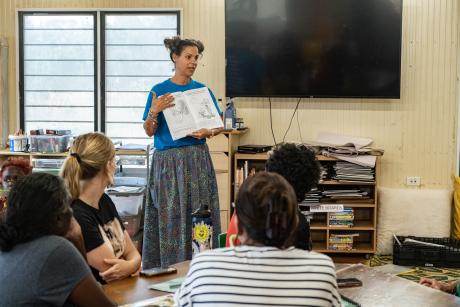
Through the C-BATE programme, homeland centre teachers can study for a Certificate III in Aboriginal and Torres Strait Islander Education while living and working in their own communities, rather than relocating to distant cities—a disruptive move for anyone, but particularly so for tight-knit Yolŋu families.
“Having the option to study is great, and it is a real motivator for some people,” said Lyv.
“The homeland centre teachers love study, and it's an opportunity to get out of the day-to-day and do something different.”
The balance of hands-on teaching in local schools with distance education coursework means C-BATE students can build both experience and expertise from their homelands.
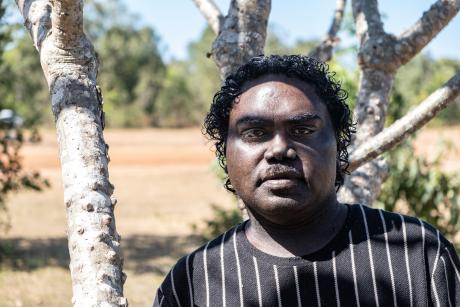
The balance of hands-on teaching in local schools with distance education coursework means C-BATE students can build both experience and expertise from their homelands.
For C-BATE students like Djiman, from the Ḻamiwuy homeland, this means being both student and instructor—sometimes on the same day.
“Now I’m studying for the Certificate III so that I can become a qualified teacher. I can teach in my own way,” Djiman said.
But teaching in Arnhem Land comes with unique challenges. Seasonal flooding can cut off communities and funerals or cultural obligations result in high student mobility. In addition, limited housing availability in the homelands has seen some families relocate to hub-communities.
“With students being away, who haven't been to school, we’re just figuring out how we're going to get them back,” said Djiman.
When I was at school, that was my dream for the future, I wanted to teach them [Yolŋu students]. And right now, I’m doing that.
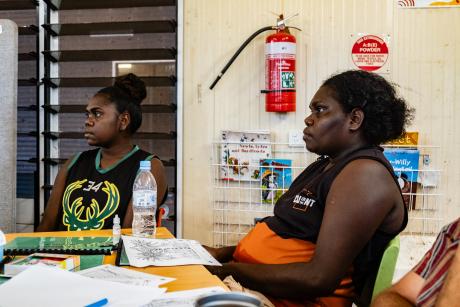
With MAF’s help, homeland centre teachers can be flown to wherever they’re needed most, keeping homeland schools running when road travel is not feasible.
C-BATE student Milkiynydjarruwuy, from Waṉḏawuy, sometimes flies with MAF to other homelands, living her dream of being a teacher.
“When I was at school, that was my dream for the future,” said Milkiynydjarruwuy.
“I wanted to teach them [Yolŋu students]. And right now, I’m doing that.”
Yolŋu teachers are an important bridge across the cultural and linguistic gaps between Balanda (non-Yolŋu) teachers and Yolŋu students, making school meaningful and welcoming.
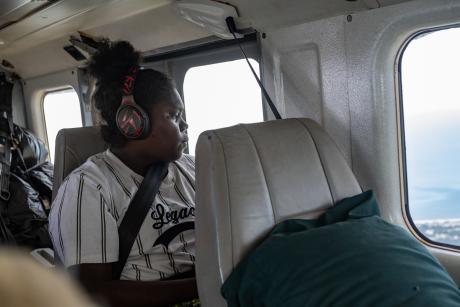
C-BATE student Wapukay, a graduate of the Laynhapuy Homelands School’s Makarraṯa programme, said, “Yolŋu teachers can work with Yolŋu students, so they can understand English and translate Yolŋu Matha to Yolŋu students while they don't understand what they [Balanda teachers] say.”
Lyv believes the multiplier effect of the programme is tangible: empowered, qualified Yolŋu teachers mean better student engagement, improved learning outcomes, and more Yolŋu teachers.
“I think that would be the goal of C-BATE, to have study that’s relevant and contextualised, and for the teachers’ existing knowledge to be recognised,” she said.
“And also raising literacy levels in both languages and learning more about living in the two worlds.”
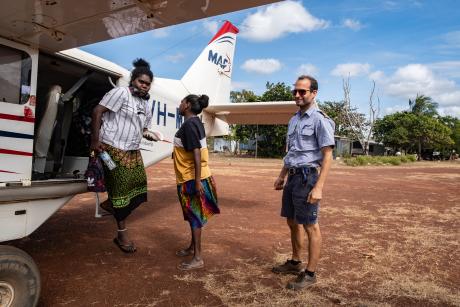
Formal recognition and local role models like Milkiynydjarruwuy, Djiman, and Wapukay could make all the difference in keeping students engaged and present in classrooms across Arnhem Land.
As the teaching staff often say, “The best teachers for Yolŋu students are Yolŋu teachers.”
Aided by MAF connections across the skies and a vision grounded in local culture, Arnhem Land’s next generation of teachers and learners is charting a course toward a stronger, more connected future.
